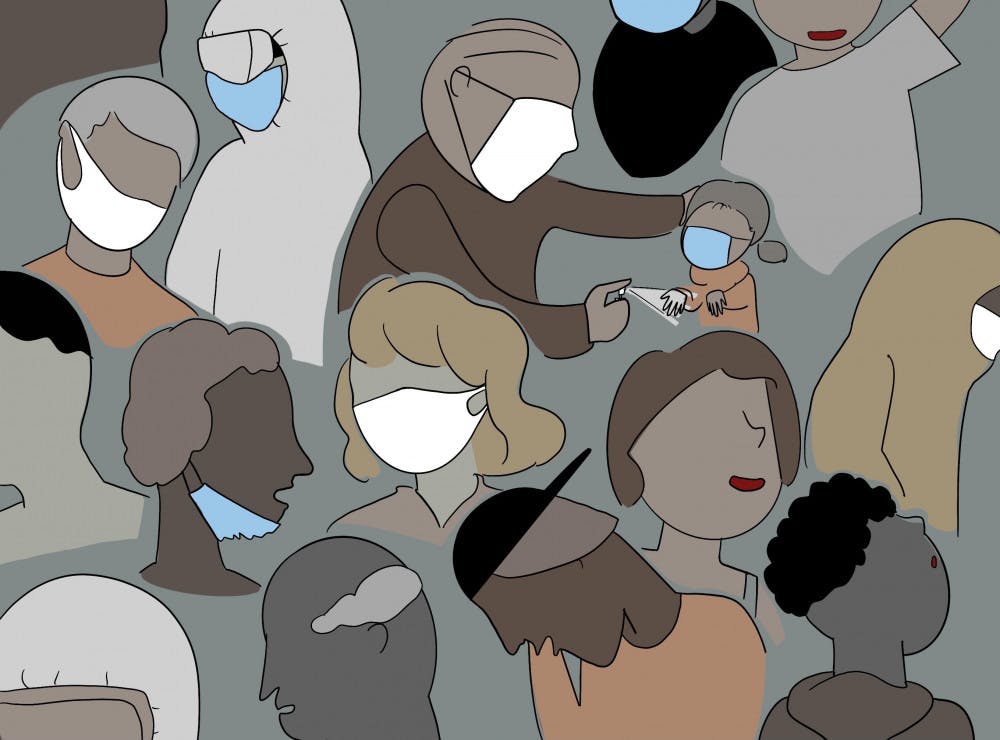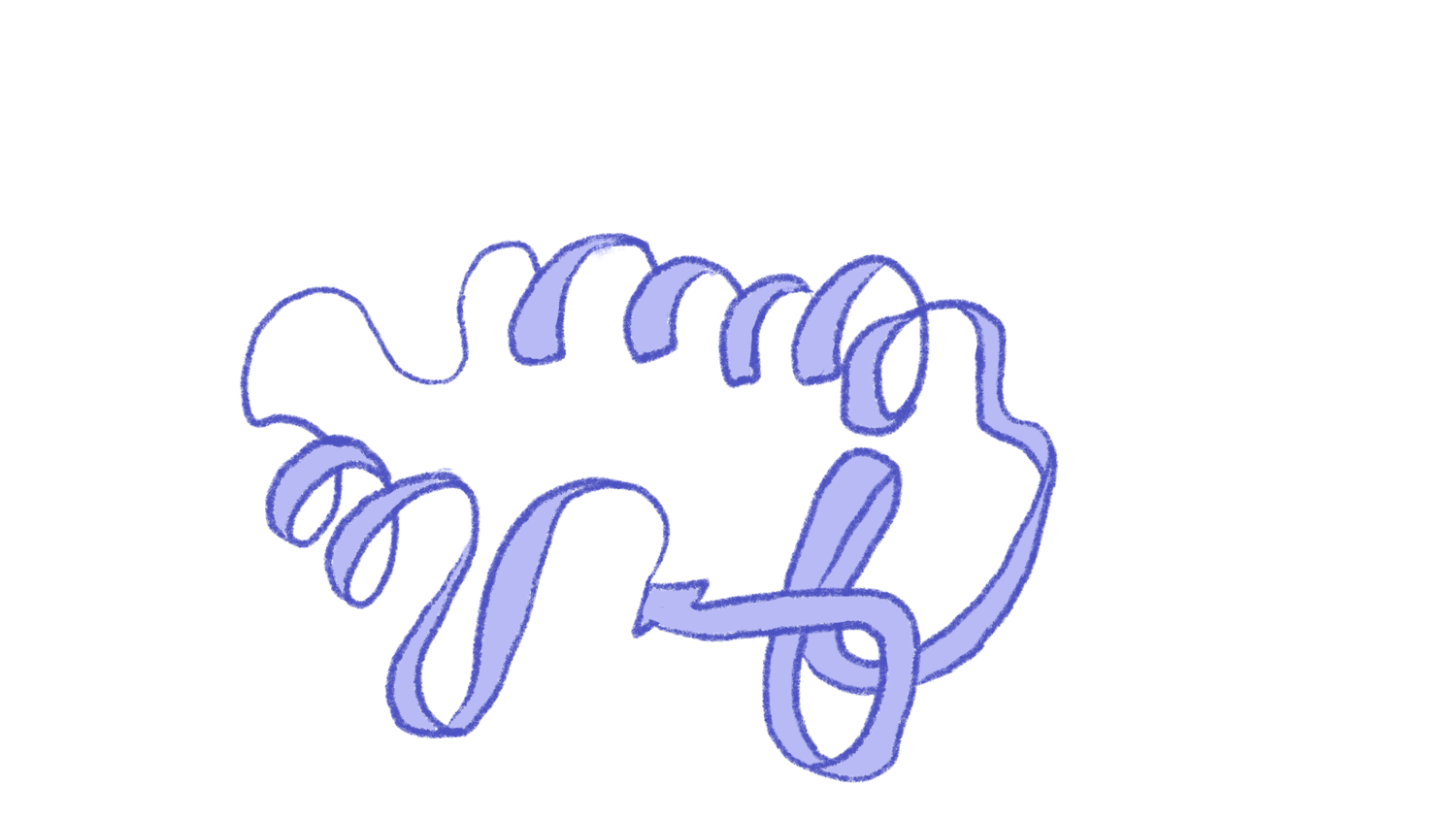Neither perceived risk nor actual risk of COVID-19 infection predict rates of mask wearing and social distancing, according to a study published by researchers from the University’s Cognitive, Linguistic and Psychological Sciences department in June. Instead, the study found that political partisanship, not an individual’s level of risk in regards to the disease, was the greatest factor in predicting preventative behaviors during the onset of the pandemic.
The researchers were interested in the role of risk perception in preventative behaviors during the COVID-19 pandemic, according to Mae Fullerton ’20, the lead author of the study. The study aimed to understand the predictors of certain preventative behaviors during the pandemic, as well as the behaviors themselves, and provide possible guidance for future pandemic policies.
The study involved sending surveys to 1114 people to gauge a wide variety of potential predictors of preventative behavior, specifically mask wearing and social distancing.
“We asked a wide range of questions to understand the participants' risk perception, actual risk of COVID-19 infection and actual behavior,” Fullerton said. Participants’ ideological and political leanings were also assessed, she added.
After collecting survey results, the researchers analyzed the data to determine the extent to which risk perception and actual risk of infection would predict preventative behaviour.
“We hypothesized that things like how vulnerable people are, how vulnerable they think they are and how well people understand the transmission of disease (would) have predicted behavior during the pandemic,” said Steven Sloman, professor of cognitive, linguistic and psychological sciences and author on the study.
What they found was both surprising and expected.
Variables that are known to increase an individual's risk profile — such as being elderly, living with someone who is immunocompromised and not having health insurance — did not play a large role in whether people wore masks or socially distanced, Fullerton said.
“Instead, partisanship was the most reliable predictor,” she said.
With political partisanship being increasingly noticeable in recent years, “cultural wars have come to dominate,” Sloman said. This has translated over to peoples’ health behaviors, in which “wearing masks and social distancing (have) become such a political issue,” he added.
The lack of support for the researchers’ hypothesis could be partly due to the time frame in which the participants were sampled, wrote Robin Kowalski, a professor of psychology at Clemson University who was not involved in the study, in an email to The Herald. Kowalski has previously conducted research on the motivating factors that help predict protective health behaviors related to COVID-19.
“They sampled during the early months of the pandemic when mask-wearing was actually discouraged among the general population in order for masks to be available for essential workers,” Kowalski wrote. It would be interesting to see the predictors of behavior now that restrictions are loosening up again, she added.
Their findings build on what health psychologists have known for a long time: “Culture and community play a very large role in our behavior habits,” Fullerton said. “This offers insight into how powerful politics can be in affecting behavior.”
The results are important for how risk communication is addressed, Sloman said. “Almost all risk communication currently assumes that the biggest thing people care about is their level of risk, but we see that isn’t necessarily true,” he added.
“For future outbreaks, perhaps communicating through scientists may not be the most effective thing in convincing people to engage in certain preventative behaviors,” Fullerton said. People do not necessarily rely on scientific evidence to make their decisions, she said. “Instead, evidence points to more reliance on trusted community leaders.”

Jared is a Senior Staff Writer for Science and Research. He is a senior from Albuquerque, New Mexico studying physiology and biotechnology. Outside of The Herald he likes to fish, ride bikes and research the role of metals in human health and disease.





